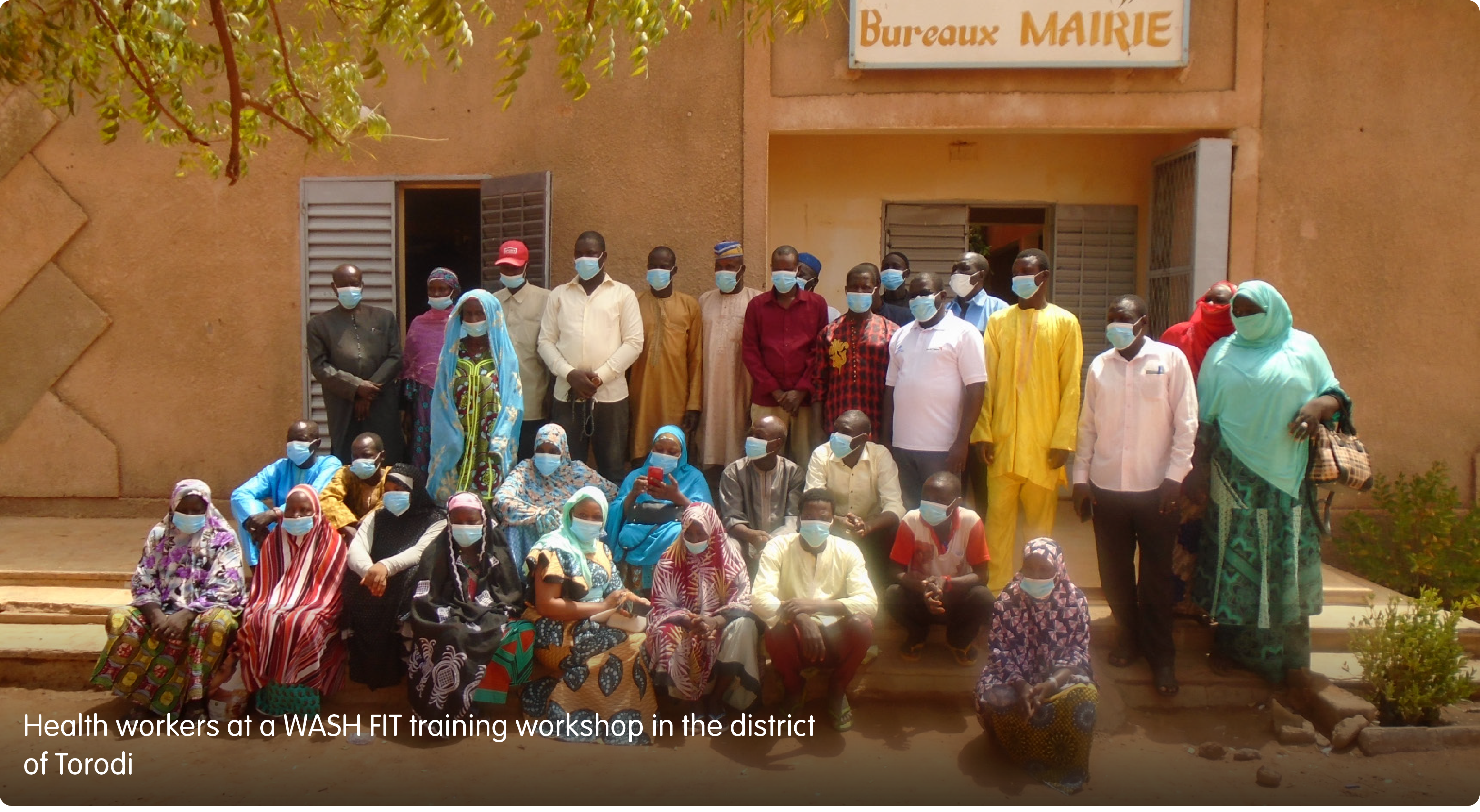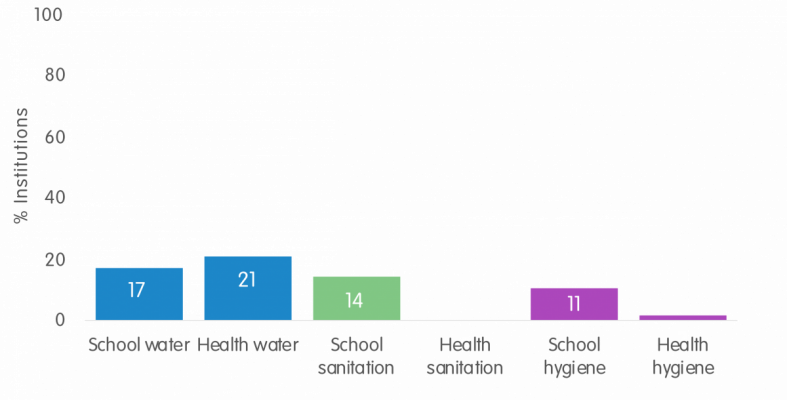Improving biomedical waste management and environmental cleaning with World Vision
Published on: 19/07/2022


"I would like to thank IRC and World Vision for this training which strengthens our capacities in the management of biomedical waste and the cleaning of the environment. I take this opportunity to call on the authorities to assist us in our tasks in the health centres."
- Mr. Mounkaila Hassane, the cleaner of the Tiouridi health centre.
Using the WASH FIT risk-based management tool (see page 14) in 12 health care facilities in our partner districts, we found that the majority of health workers had not been trained in biomedical waste management and environmental cleaning. This could risk the safety of these health care facilities.
To address this and improve service levels, we have worked with World Vision to train 36 health workers (one manager, one cleaner, and one matron per health centre) on these two topics and on WASH standards.
As a result, standards improved. For example, in one health centre, the manager put a handwashing facility with soap and water in front of the toilets (which was not the case before) and urged the cleaners to clean the toilets every day.
But one of the major challenges in implementing the WASH FIT process is in compensating the cleaners. Most work on a voluntary basis, or receive a small stipend that does not match the work required (this point was raised by cleaners during the training).
In its upcoming advocacy activities, IRC will highlight this issue and encourage the authorities, both local and national, to find a solution for the compensation of the cleaners, as maintaining the service levels depends on them.
Percentage of institutions with improved facilities Malakondi and Torodi - 2021

Footnotes
1 Number of partners, collaborations, or working groups with whom we worked closely on programme implementation in 2021.